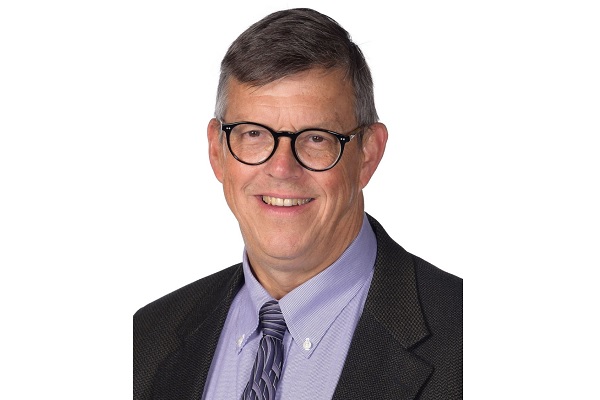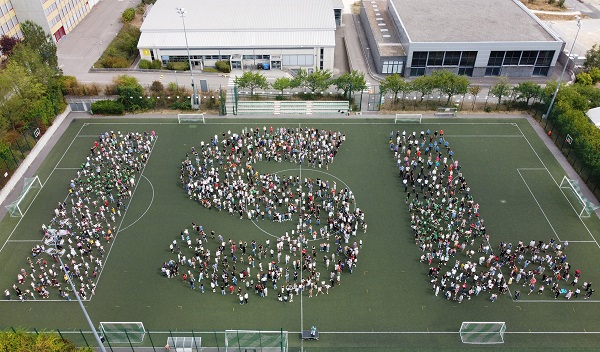 (Above) David J Condon, Director of ISL; (below) ISL students and staff members, taken during the first week of the 2022/23 school year;
Credit: ISL
(Above) David J Condon, Director of ISL; (below) ISL students and staff members, taken during the first week of the 2022/23 school year;
Credit: ISL
The International School of Luxembourg (ISL) opened its doors to more than 1,350 pupils of about 60 nationalities for the new academic year at the end of August 2022.
Classes resumed for about 775 Upper School pupils on Wednesday 24 August and for 580 Lower School pupils on Thursday 25 August 2022.
With pupils now back at school for the 2022/23 academic year, Chronicle.lu reached out to ISL Director David J Condon to learn about the school's focus this year, as well as potential changes and challenges. Speaking on behalf of ISL, he stated: "As with many other fields of human enterprise, the field of education is experiencing disruption and innovation. This is an exciting time for those of us working in education and ISL is committed to remaining on the cutting edge of educational trends while maintaining its long tradition of academic excellence, extraordinary support for students and individual development".
Chronicle.lu: What do you see as the main challenges this year, both academically and administratively?
David J Condon: We are focused this year on developing an implementation plan for the new Vision Statement, which was approved by the Board of Governors in June. Developed through an inclusive process that involved all stakeholders within the ISL school community, this Vision Statement articulates ISL's future aspirations and can be expected to guide operations and programme development at ISL for many years to come. Thinking outside the box, imagining different educational futures and prioritising the different initiatives is a huge challenge, but one that we welcome with excitement.
Chronicle.lu: On the academic side, is the school adding any new subjects / options to the syllabus for students?
David J Condon: In addition to the Vision Statement referenced above, we are also one of a handful of international schools that are piloting the Council of International Schools' (CIS) new Deep Dive Study protocol as part of the accreditation process. As part of this pilot protocol, we are undertaking six CIS projects, including IB [International Baccalaureate] Primary Years Programme adoption, an exploration of the IB Middle Years Programme, the formulation of alternative options to the IB Diploma Programme to offer students even more choice, the development of nature-based learning, implementation of our new school-wide Inclusion policy and greater integration of service into our existing curriculum.
Chronicle.lu: During the COVID-19 pandemic, many individuals and organisations became creative and innovative: are there any such lessons from the past two years that the school has taken on board / implemented for the new school year even though restrictions have eased? Do you expect the new school year to allow more activities outside the school campus? Is the school doing away with online meetings altogether now or are they still being retained for some purposes?
David J Condon: One of the most important lessons we learned from the past two years is the importance of challenging the assumptions on which traditional schooling rests. For example, we have learned to challenge assumptions related to time and place. Valuable learning does not necessarily have to take place on campus during set school hours. We have learned that the student experience is vitally important and that the process of education is equally important, if not more important than the content of education.
In addition, while we were able to successfully implement online learning during the pandemic, we learned that students (and adults for that matter) still crave in-person social interactions. Consequently, we are continually seeking ways to bring people together in person. At the same time, we have discovered that online interactions are quite effective for certain circumstances, e.g. parent information sessions, so we are continuing many of those.
 (Above) David J Condon, Director of ISL; (below) ISL students and staff members, taken during the first week of the 2022/23 school year;
Credit: ISL
(Above) David J Condon, Director of ISL; (below) ISL students and staff members, taken during the first week of the 2022/23 school year;
Credit: ISL









